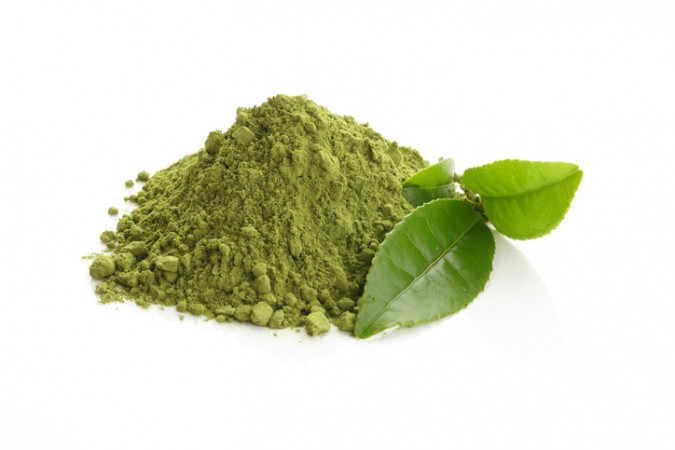
A new research study adds evidence about the potential advanatges of green tea extracts in Down syndrome. Researchers observed that the intake of those extracts can reduce facial dysmorphology in children with Down syndrome when taken during the first three years of life. Additional experimental research in mice confirmed the positive effects at low doses. However, the researchers also found that high doses can disrupt facial and bone development.
The study, led by Belgian and Spanish researchers, was published in Nature Scientific Reports. The researchers observed that the intake of green tea extracts can reduce facial dysmorphology in children with Down syndrome when taken during the first three years of life. Additional experimental research in mice confirmed the positive effects at low doses.
However, they also found that high doses of the extract can disrupt facial and bone development. More research is needed to fully understand the effects of green tea extracts and therefore they should always be taken under medical supervision. Down syndrome is caused by the presence of a third copy of chromosome 21, leading to an over-expression of the genes in this region and resulting in a number of physical and intellectual disabilities. One of the genes, DYRK1A, contributes to altering brain and bone development in people with Down syndrome.
The green tea compound EGCG (epigallocatechin-3-gallate) is known to inhibit DYRK1A activity, although it also has other mechanisms of action. Previous research has shown the potential of EGCG to improve cognition in young adults with Down syndrome.
Kidney Stones to Fracture Risk in Older Adults, Study
LIfestyle: Customise your diet and improve mental health
Sleep disorder could be linked to memory issues